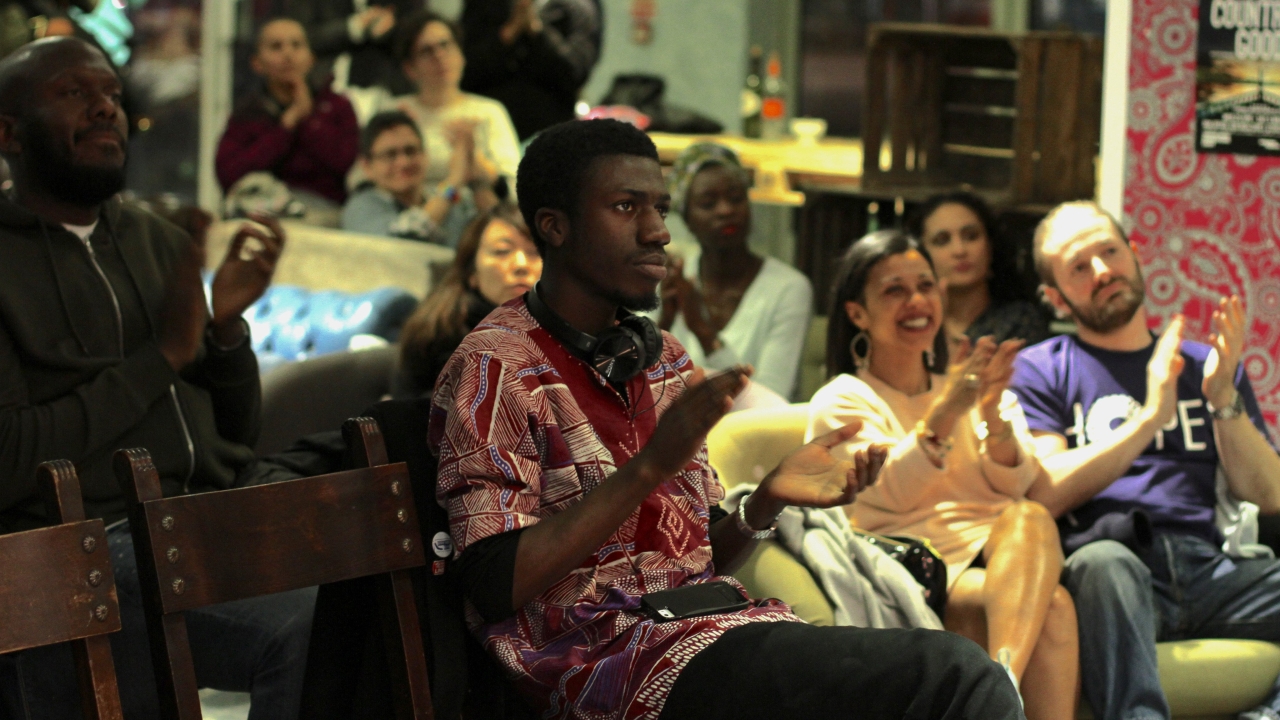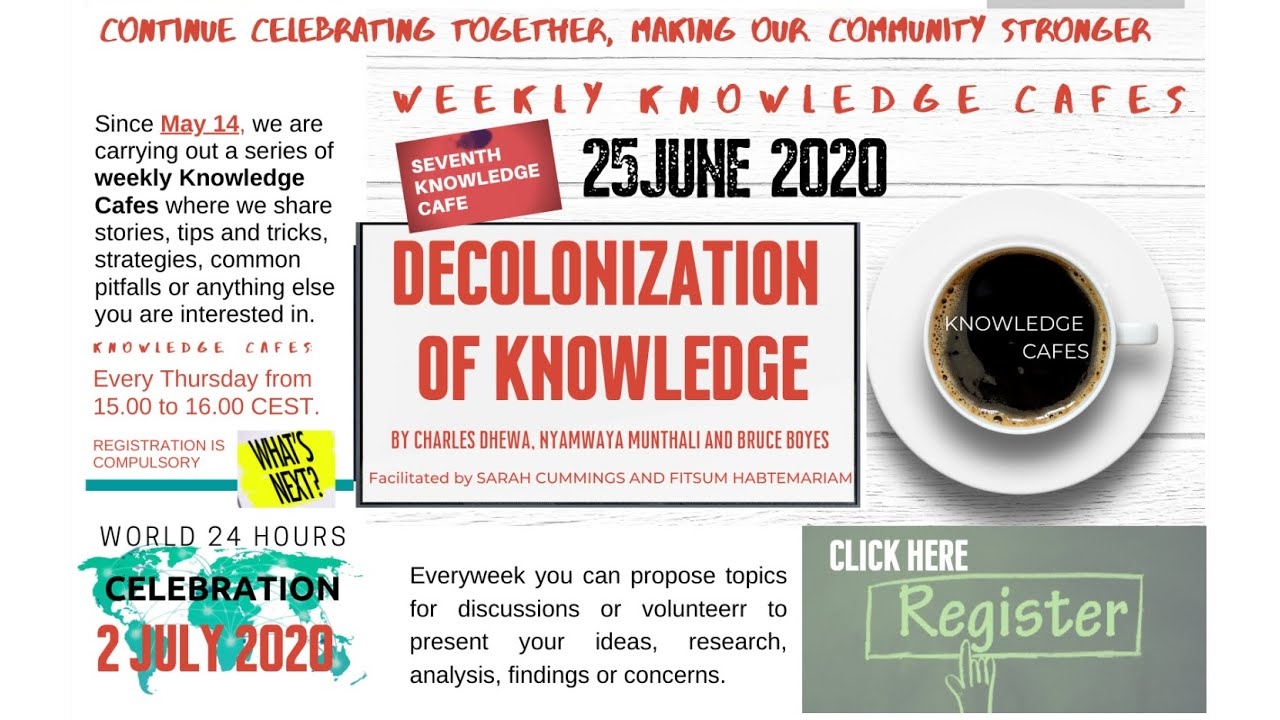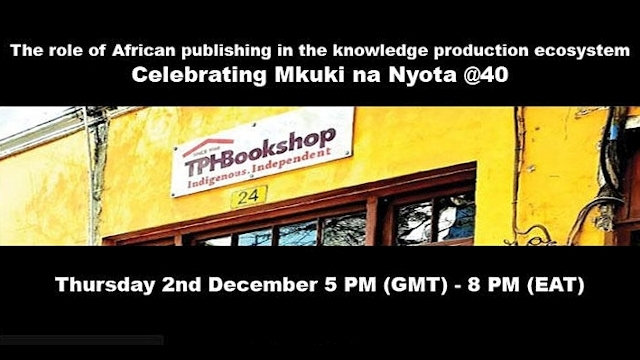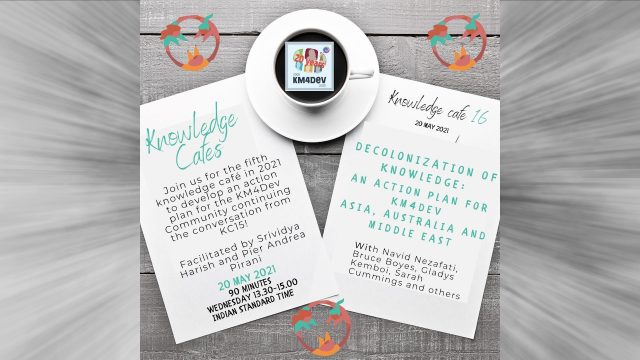
Many Voices: an intervention for inclusive knowledge
In December last year, I wrote an article arguing that the knowledge management (KM) community needs to play a more active role in progressing the decolonisation of KM. I discussed how the dominance of the Euro-American knowledge production system has created a serious global knowledge imbalance, and also reported on initiatives aimed at addressing this imbalance in research, libraries, and knowledge systems.
But what tangible steps can be taken to progress the decolonisation of KM? A paper in the Journal of Impact Cultures offers insights into a higher education intervention that could potentially be adapted for use in workshop sessions at KM events, or in the meetings of the numerous KM organisations that have been established in countries and regions around the world.
This new journal is an initiative of the University of East London (UEL), and has been established with the aim of harnessing and showcasing student-staff partnerships in the production of ideas in relation to the inequalities experienced by black and minority ethnic (BAME) students and staff. The founding co-editors state that “We are, then, a community more than journal, and we are open.”
The specific paper1 that is the focus of this article has been published in the inaugural special issue of the journal. In the paper, Dr Julie Botticello, a Senior Lecturer in Public Health at UEL, reflects on her experiences in establishing an intervention titled the Many Voices Reading Group.
By sharing this narrative, Botticello hopes to help others come to an awareness of their education, its biases, and its ongoing repercussions, and how to begin to unlearn these and relearn a wider set of truths about the world.
Botticello recounts that as a lecturer for a predominantly black African student body in her department, she was challenged to reflect on standard academic teaching approaches, and her position in this as a white lecturer. She found herself repositioned into uncomfortable realizations about white power, something she embodied, but which had lain unnoticed throughout a large part of her life.
Inspired by a talk in her department that challenged lecturers to include research relevant to black students, she changed the approach and content of modules to be mindful of race and scholarship. She learned to defer to her students’ experiences and understandings of the world, enabling all in the classroom to realize that we each have different knowledge bases and much to learn from one another.
Botticello’s experiences aren’t dissimilar to my own experiences in coming to the realization of the need for the decolonisation of KM, as I document in sections four and six of this article.
The Many Voices approach
Botticello started the Many Voices Reading Group in January 2016 as an extracurricular activity, and by May 2018, five termly iterations had been completed.
Many Voices was set up to use texts, dialogues, experiences, and empathic encounters to enable black African and Caribbean students to bring their wisdom and strengths into the learning space. Botticello suggests that by validating the range of students’ experiences and the diversity of cultural capitals these generate, environments with multiple voices can enable higher education to become more meaningful, inclusive, and expansive, for students and educators alike. Adapting the Many Voices approach for use in KM could bring similar benefits.
The readings in Many Voices are essays and narratives written predominantly by African and African diaspora authors, who express their views and often their critiques of the dominant system. Botticello felt that the students needed to know they could challenge the establishment through the example of these scholars and thinkers. Examples of some of the texts used across the five iterations are shown in Box 1.
Box 1. Examples of some of the texts used in the five Many Voices iterations.
Banks, Taunya Lovell (1995). ‘Two life stories: Reflections of one Black woman law professor’, Critical Race Theory: The key writings that formed the movement, in K. Crenshaw, N. Gotanda, G. Peller, K. Thomas (eds.), New York: The new press, pp. 329-334.
Coates, Ta Nahisi (2015). Between the world and me, Melbourne: The text publishing company.
Davis, Angela (2003). Are prisons obsolete?, New York: Seven stories press.
Lorde, Audre (1977). Sister outsider, Berkeley: Crossings press.
Mbembe, Achille (2017). Critique of Black reason, Durham and London: Duke University Press.
The aim was not to educate the students through filling them with more received wisdom, but to create the opportunity to talk about the problems presented in the texts and reflected in students’ lives. The texts then become platforms for engagement in dialog with one another, through those in the room collectively reading the works. This aims to raise the consciousness and develop empathetic understanding across the diverse participants in the room. For Many Voices, the aim was also to facilitate student empowerment by validating students’ insights and experiences as knowledge, shifting the university away from being a white space with little room for alternative understandings into a more open and equitable forum.
Critical race theory promotes the centrality of personal experience, through stories, narratives, and biographies. Through reflecting on personal experience, specific theories equivalent to general theories are achieved. These personal narratives help disenfranchised groups challenge ‘grand narratives’ told by those who occupy positions of privilege. Further, sharing these experiences in real time compels listeners to confront anonymous mass generalizations and reassess these in line with the speakers currently in their company.
There are mutual benefits in this interpersonal sharing. It allows members of less advantaged groups to understand how they have been affected by subordination, and the members of privileged groups also have the opportunity to understand how they and others have been affected by privilege. Botticello reports that she was struck by the candidness and calmness of students as they related their regular confrontations with people who challenged them about their entitlements to live and develop in the UK.
In terms of its specific methods, students volunteered to attend Many Voices, as it was an extracurricular activity running bi-weekly outside of scheduled class time. Attendance was largely based on self-selection, with students deciding to come along, having seen a poster or being made aware of the group by participating lecturers.
Term one just finished! Had profound conversations on works by James Baldwin, Audre Lorde, @mafiasafia @JackieKayPoet @TophX @akalamusic on being multiple. Great dialogues – more to come next term! pic.twitter.com/MhvWlRH07s
— Julie Botticello (@_ManyVoices) December 22, 2017
Many Voices in the community
During the later iterations, Botticello decided to move Many Voices outside the university’s walls. A public engagement grant from the university enabled young author and spoken word artist Kondwani Fidel to be brought over from the Baltimore, Maryland, to headline a week of spoken word events in East London.
Many Voices in the Community was a collaborative project, where an English-for-academic-purposes lecturer, a library assistant, the student poet, and Botticello collaborated to deliver the series. Sessions took place off-site within pre-existing spoken word groups, and within the university at specially arranged sessions, in classrooms, and in the library. In each of these, Kondwani shared about his life and from his writing, helping to inspire students, staff, and members of the public to overcome personal challenges.
Further, a student who had been attending Many Voices sessions was also part of another group, BEAT (body equality in athletic therapies). That student was inspired to use Kondwani’s visit as an opportunity to collectively host him at a BEAT session.
This visit from Kondwani, just 24 years old, and the sharing of his struggles to overcome challenges in his life while also being determined to inspire others to overcome theirs, reveals the potential of what a group that holds the space for the potential for action can do. Botticello and her collaborators led the agenda by inviting Kondwani to the UK and setting up sessions. Yet, the energy and initiative of the BEAT students suggests that once student empowerment and empathy has been ignited, collaborative action would follow.
The grand finale of Kondwani’s visit was him performing live to a crowd of 100, most of whom were not students of the university, but were members of local communities, with other poets and artists also sharing their work on the same stage.
Thank you to everyone who planned, performed, attended, helped behind the scenes and in all other areas for making @_ManyVoices in the community with @KondwaniFidel a great success! @CapLetLDN @UEL_REC pic.twitter.com/yqYh6K8jJQ
— Dr Julie Botticello (@JulieBotticello) March 26, 2018
An inspiring success
Many Voices has provided a platform for students to have a voice, where they can be heard and recognized as holding legimate forms of knowledge. Participation in Many Voices also transcended its original aims. It empowered both students and staff to take action toward equity, whether as individuals or in groups, and functioned to amplify the voices of those marginalized within institutional structures, whether from within or outside of the university.
The sense of engagement, facilitated by dialog, between the text, its sharing in the group, and student experience suggested there was something important in having such a space for these encounters.
The most powerful sessions were the ones in which a personal element was explicit – the academic reading from her work about her experiences in higher education, the young author, Kondwani, sharing his life stories and struggles, the BEAT students creating a session on their terms, in their own format and style. This suggests that personal experiences are not just personal. When students hear about experiences that relate directly to their own experiences, it relocates their experiences onto a higher level, applying them to more than just themselves.
Many Voices has shown that empowerment for students, staff, and people from outside the university can be achieved through more conscious attention to creating spaces for the personal and experiential to be understood as legitimate and consequential.
Throughout, the sense of engagement through dialog suggests the significance in having time, space, and safety for these encounters. Those who are able to facilitate this space use their power and privilege for the betterment for all.
The KM community is encouraged to also make the time, create the space, and facilitate the safety for such encounters.
Article source: Engaging Many Voices for Inclusivity in Higher Education, CC BY-NC 4.0.
Header image: A full house for Many Voices in the community with Kondwani Fidel. Source: Many Voices Reading Group on Twitter.
Reference:
- Botticello, J. (2020). Engaging Many Voices for Inclusivity in Higher Education. Journal of Impact Cultures 1(1), 22-38. ↩
Also published on Medium.






